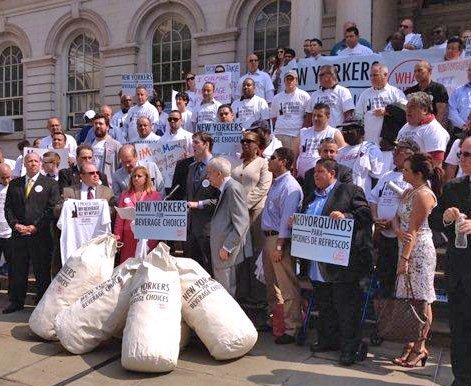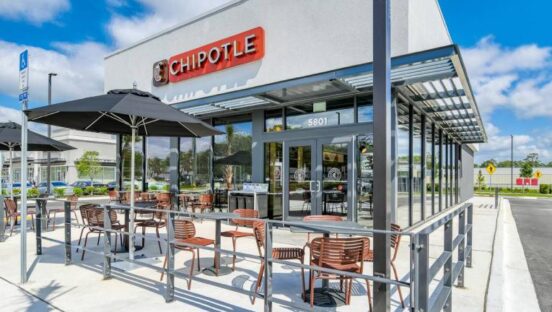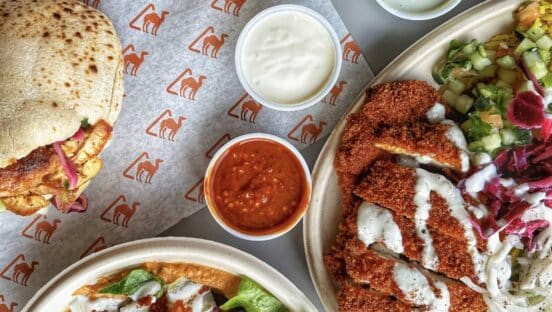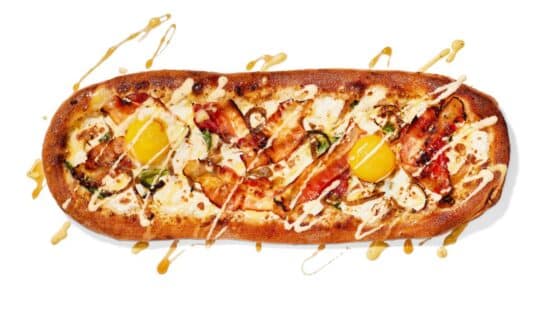New York City has been a trendsetter in health regulations the last few years, from its ban on trans fats to its restrictions on sodium. But many in the foodservice industry are hoping that the sugary beverage ban scheduled to take effect in March remains a New York specialty only.
“What happens in New York tends to spread to other municipalities very quickly,” says Andrew Moesel, spokesman for the New York State Restaurant Association. “We are clearly a place where other cities look to determine their policy, and that’s why this proposal could be problematic, not just for New York City, but for a nation as a whole.”
The ban, which prohibits restaurants and other facilities in New York City from serving sugar-sweetened beverages larger than 16 ounces, was proposed by Mayor Michael Bloomberg as an effort to combat obesity. The New York City Board of Health passed the law on September 13.
The restriction includes sugar-sweetened sodas, lemonades, smoothies, coffees, iced tea, and specialty drinks served in bottles or cups. The ban does not affect convenience or grocery stores, and does not include no-calorie diet sodas, alcoholic beverages, or milkshakes.
Many in the quick-service industry fear a nationwide implementation of the beverage ban, partly because of how it could affect sales and partly because of what it could mean for potential future regulations.
Thousands of restaurants and other businesses, including Auntie Anne’s, have joined the New Yorkers for Beverage Choices, a campaign counteracting the ban. Joe Hainthaler, government affairs specialist for Auntie Anne’s, testified against the ban at a public hearing before New York’s Board of Health on July 24.
“New York City’s upcoming 16-ounce limit on sugar-sweetened beverages is unfortunate public policy,” Hainthaler says in an e-mail to QSR. “Not only will it limit the choices of Auntie Anne’s guests in the city—most of whom choose either 16-ounce or 20-ounce beverages, not the monster sizes the regulation seem[s] to be targeting—but it will do so in a discriminatory manner, as convenience stores will be exempt.
“Auntie Anne’s believes its guests choose responsibly,” he continues, “and wishes New York City officials would trust consumers as well.”
Scott DeFife, executive vice president of policy and government affairs for the National Restaurant Association (NRA), says government should have a role in addressing obesity and health issues, but not through initiatives like the beverage ban.
“Health is a perfectly viable function for city government. We’ve got no issues with food safety regulation; the industry wants that,” DeFife says. “But … this is an artificial regulation that will not be effective, has no science behind it, and the mayor should actually rethink [the ban] … before it goes into effect.”
DeFife says he opposes the ban because it impedes consumers’ choice, places penalties on restaurant operators who are serving a legal product, and will have little to no significant impact on obesity.
Cardiologist James Rippe, associate professor of medicine at Tufts University School of Medicine and professor of biomedical sciences at the University of Central Florida, believes government regulation is not smart unless the science is 100 percent conclusive.
“Science does not support that that [the beverage ban] will be a meaningful approach to obesity,” Rippe says. “In terms of a practical and effective strategy of lowering obesity, I think it will have no effect whatsoever.”
Rippe attributes the last few decades’ rise in obesity to over-consumption of calories, a factor he argues is not isolated to any one component of a person’s diet.
“The average person in the United States is consuming over 500 calories a day more than we did 30 years ago,” he says. “That’s like eating an extra meal a day. We’re eating too much of everything. And of that 500 calories, about 9 percent of it is added sugar. So a very small amount of the increased calories are added sugars.”
Moesel also believes that regulating beverage sizes is not the right approach to fighting obesity.
“If the government can regulate this, what’s to stop them from regulating how many calories you can consume in a meal or what kind of ingredients you can put in the food?” Moesel asks. “While the intention of something like this may be admirable, the implementation of it will have drastic consequences for the restaurant industry in New York.”
Just what those consequences will be is so far uncertain, Moesel says, but will more than likely include negative impacts on operators’ bottom lines.
Other consequences, the NRA’s DeFife says, could include consumer confusion, loss of sales to neighboring convenience stores, more visits from health inspectors, and having to switch out supply with different-sized cups and menus.













